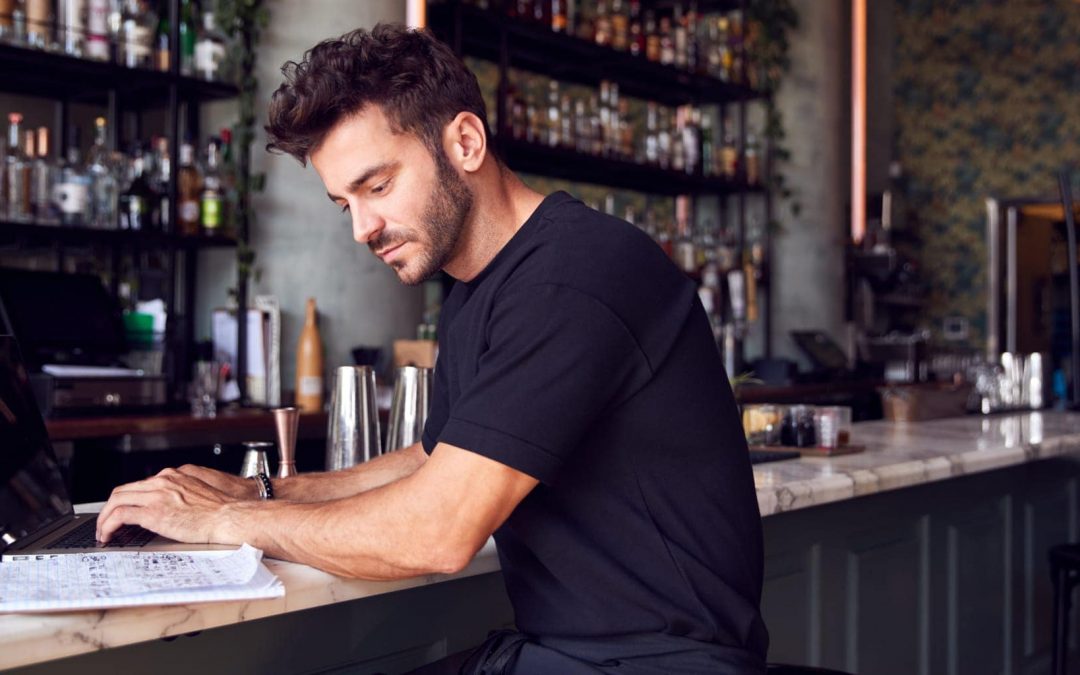How to be a Good Restaurant Manager in 2024?

Do you want to know How to be a good restaurant manager? then do check out this post to know more. Congratulations, you’ve got the job! Best words ever heard for a manager and the first words leading you down a new path in your Food and Beverage (F&B) career.

How to be a good restaurant manager?
Unlike most other jobs, being a restaurant manager means you have several jobs: everything from overseeing staff and operations, to marketing, to diving in when your team gets slammed by bringing plates out to customers or helping out the dish pit, so the cooks and servers have clean dishes.
In short, it is on the restaurant manager’s shoulders to ensure operations run efficiently while maintaining an excellent reputation – and keeping the place humming at maximum profitability.
If you are a seasoned manager, you know it is not an easy task to manage the complex relationships involved with a successful F&B establishment.
Whether experienced or new to the scene, let’s take a look at a few checklist items that if done right, you will eventually hone to perfection in your restaurant management career.
Download – Checklist for your first day as a restaurant manager
Essential skills that you should possess
You are a leader of a team of hospitality professionals. In order to ensure a team’s success, they will need a manager with excellent leadership qualities. Those attributes must include:
- Great Communication Skills
- Prompt Decision Making
- Ability to Read Situations and Act Accordingly
- Patience
- Multitasking
- Team Management
- Convincing and Inspirational for Employees Under Them
- Fair and Just
- Conflict Resolution
- Handling Customers Reviews Effectively
- Empathetic and Understanding by Nature
- Cooperative
- Understanding
- Optimistic and Positive
- Decisive
Providing Superior Customer Service
This is the most important and also time-consuming role. The duties and responsibilities are yours to effectively coordinate all activities between the front and back of house to deliver amazing customer service.
If you want to be a great manager, you will need to create a great customer experience.
Staffing levels: Managers need to ensure there are enough staff, so customers do not wait unnecessarily for anything. All customers walking in need to be greeted in a timely manner and with a smile.
Customer issues: When a customer is unhappy with their meal, the manager will take ownership and resolve the complaint quickly. A good manager will also train their employees to take ownership as well and provide an immediate resolution.
Always available: While in the restaurant, the manager will always be available as the primary point of contact with customers regarding any service issue.
Following up: Managers must act on all customer complaints and suggestions that require attention after the incident has been resolved. For example, if glassware or cutlery are spotty, you will need to ensure the sanitizer is not beading on the dishware. If it’s a service issue, a follow-up with the server after the fact may be required.
Download – Checklist for your first day as a restaurant manager
Vendor, Equipment, and Inventory Management
Most often, restaurant managers will need to own these responsibilities and duties from day one. If you are inheriting the vendors in an established restaurant, it is always good to introduce yourself on a meet and greet with the reps. You can gauge their service and support and vet them from here.
Vendor Management
If you are establishing a new restaurant then consider the following points when choosing your vendors:
Credit Period: What the vendor offers should be reasonable and negotiable.
Rates: Do a comparison with 3 to 6 different vendors.
Quality: Find the best value for the dollar. Cheapest isn’t always the best.
Punctuality: Timely delivery is critical. Your operations will suffer if a vendor has a reputation for slow response or drop-offs.
Re-posting: Select a vendor that can provide detailed reports with respect to time, date and number of items purchased.
Equipment Management
As a manager, you will need to be the point person on maintenance and repair of the restaurant equipment and call for the technician when something pops up or scheduled maintenance is required.
Inventory Management
It is the restaurant managers responsibility to own the inventory of all dry goods, in production and liquid goods. You’ve got to ensure all items are counted and replenished when needed. This may involve a software application to help manage this process.
Part of this process requires completing Purchase Orders that with luck, are also part of the inventory management software application.
Managing Human Resource Functions
As a restaurant manager most often, you will also need to be the person hiring, training, monitoring, planning, reviewing job contributions, appraising, and evaluating employee compensation.
Additionally, you own scheduling as well to ensure all shifts are covered and most often, will be the point person called when employees phone in sick.
Download – Checklist for your first day as a restaurant manager
Marketing the Restaurant
The success of a restaurant, aside from great service and products, relies on excellent marketing. This means choosing the right platforms for advertising if you do not have any yet.
If your restaurant already has a marketing team (in-house or outsourced), take the time to meet them (i.e. set up scheduled meets) to work on new promotions.
Marketing Online: This is your social media hotspot. Loyalty programs, email and SMS campaigns all start here. It is always recommended to familiarize yourself with online marketing. As a manager, you will need to know what works and what doesn’t to attract your target customers.
Reputation is everything online and for example, catching what can lead to a bad review in advance prior to a promotion going out will help avoid negative public attention.
Marketing Offline: Hosting events at the restaurant will involve familiarity with the clients, pre-decided menu, drinks etc. Additionally, you may or may not need security for the event.
Download – Checklist for your first day as a restaurant manager
Menu Planning
Working with the executive chef, a restaurant manager will need to plan out the menu, depending on your target customers preferences. Food costing and profits will need to factor in here.
Menu requirements include:
- Position your intended best sellers smartly on the menu itself.
- Make your menu stand out (get marketing involved)
- Keep the language simple in the menu
- Recognize that the menu will need updating over time
Health and Safety
Ensure all FDA and OSHA industry standards are met. Order and cleanliness are ultimately your responsibility. Avoiding violations are on your shoulders.
Budget Management
The restaurant will only keep open doors as long as there is a stable budget and financial foundation to work from. Managers must track items on a daily, weekly or monthly basis in order to stay on top of and keep costs under control. A few suggestions can be found here:
- Using yield management to control overall costs
- Reduce costs by purchasing on credit
- Track and Manage inventory to control food costs
- Labor cost control through reducing employee churn
Last Thoughts of How to be a good restaurant manager
Restaurant managers must be consistent in their communication, rules and expectations. They should be experiencing each job at least once to get a feel of the operation. Additionally, it is also a good idea to find a qualified mentor, someone who will give advice and challenge you when needed.
Lastly, a great manager needs to manage proactively with respect to employee needs, marketing, trends, menu and technology updates.
After all, if you are not proactive, you will never manage the restaurant, it will manage you instead!
Download – Checklist for your first day as a restaurant manager
Follow us on Facebook
Follow us on Twitter
Follow us on Instagram




.png)
















